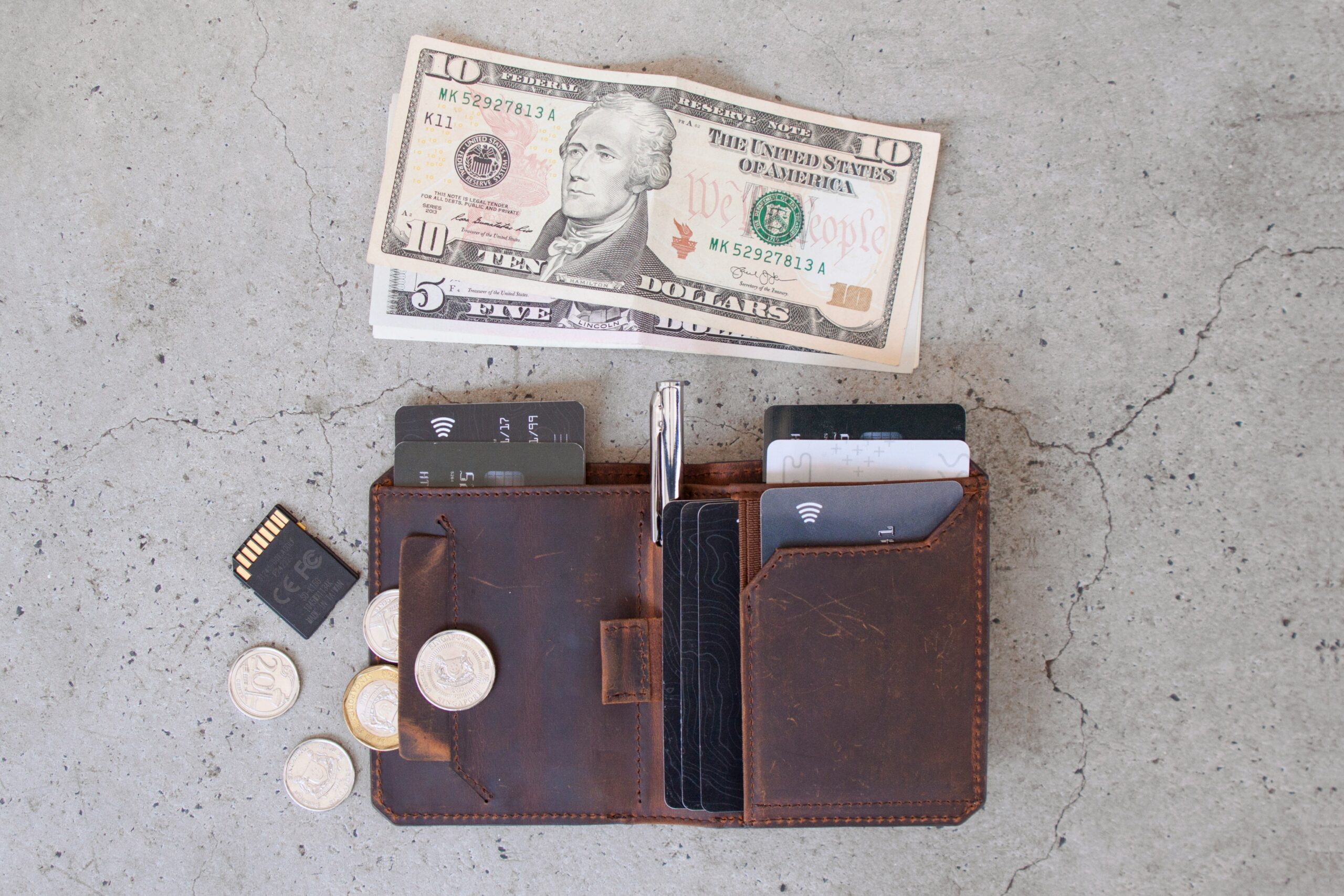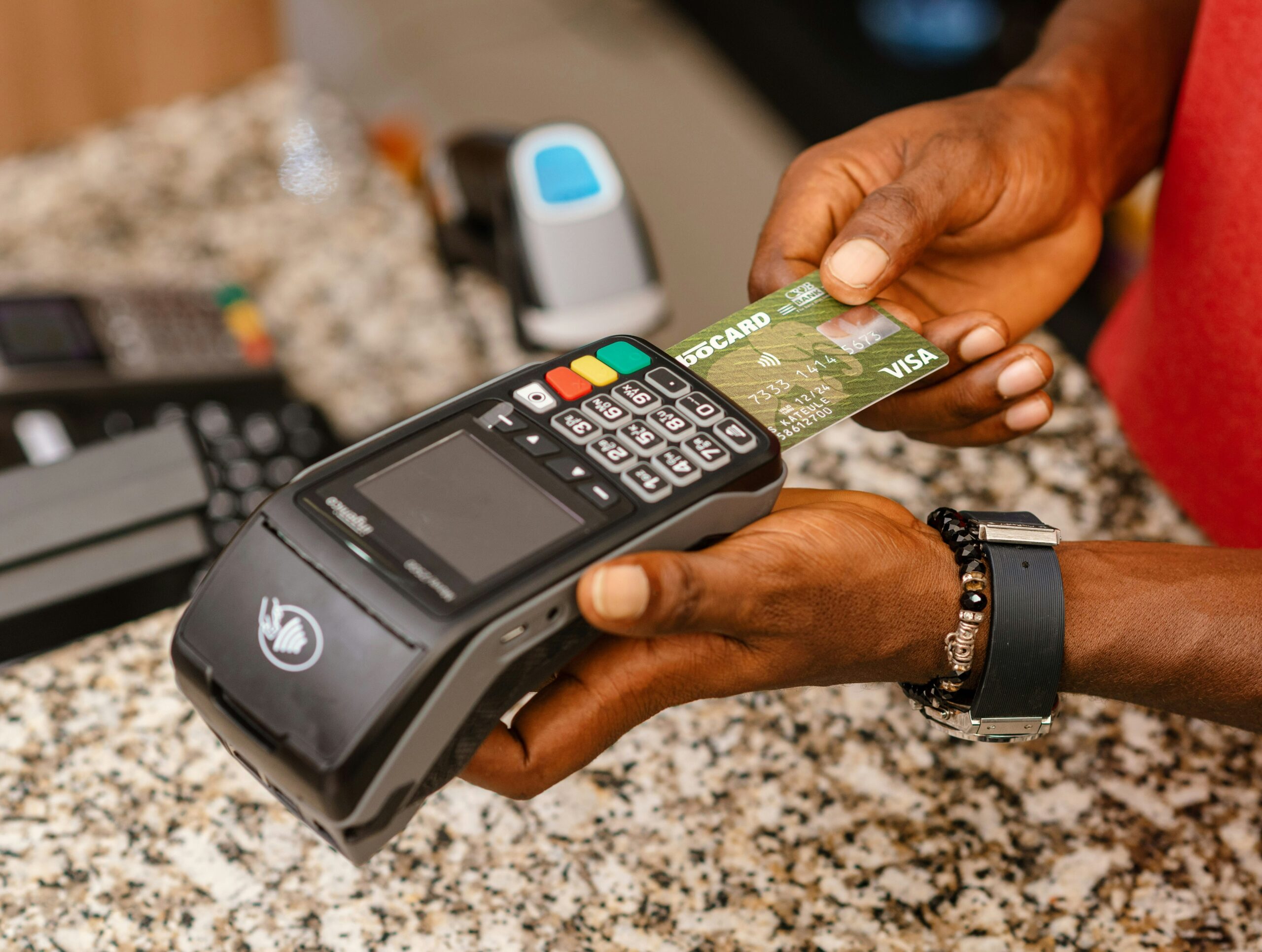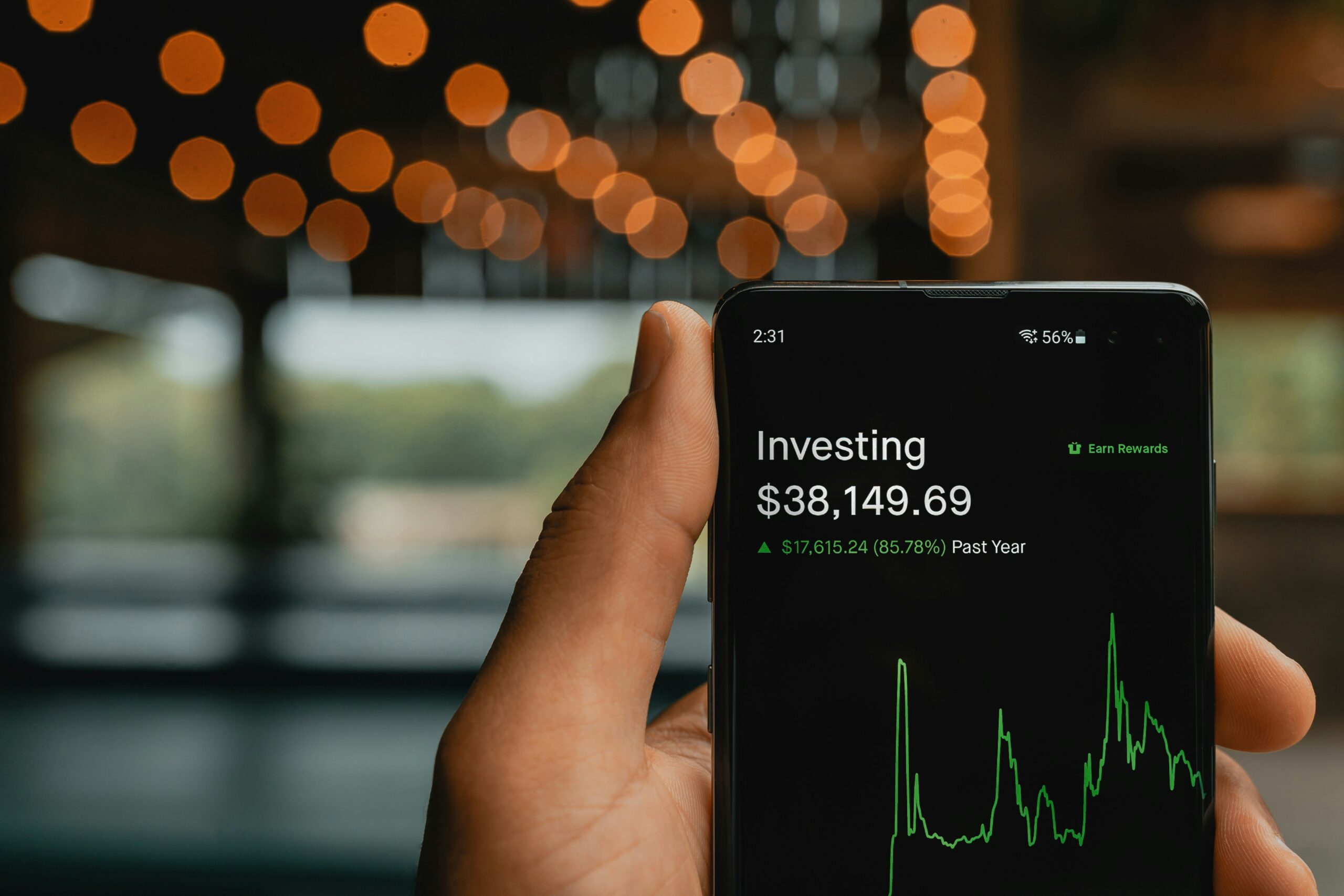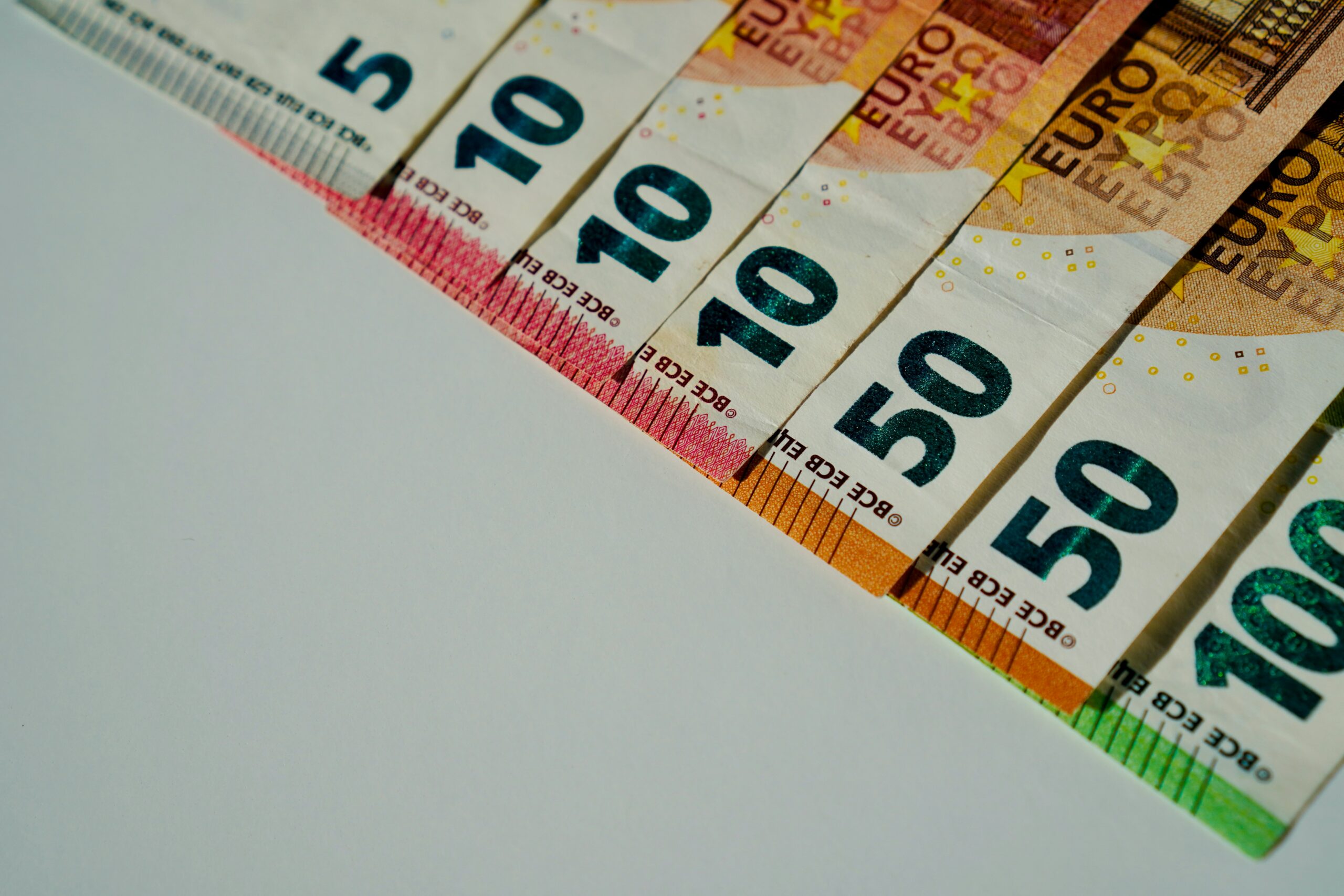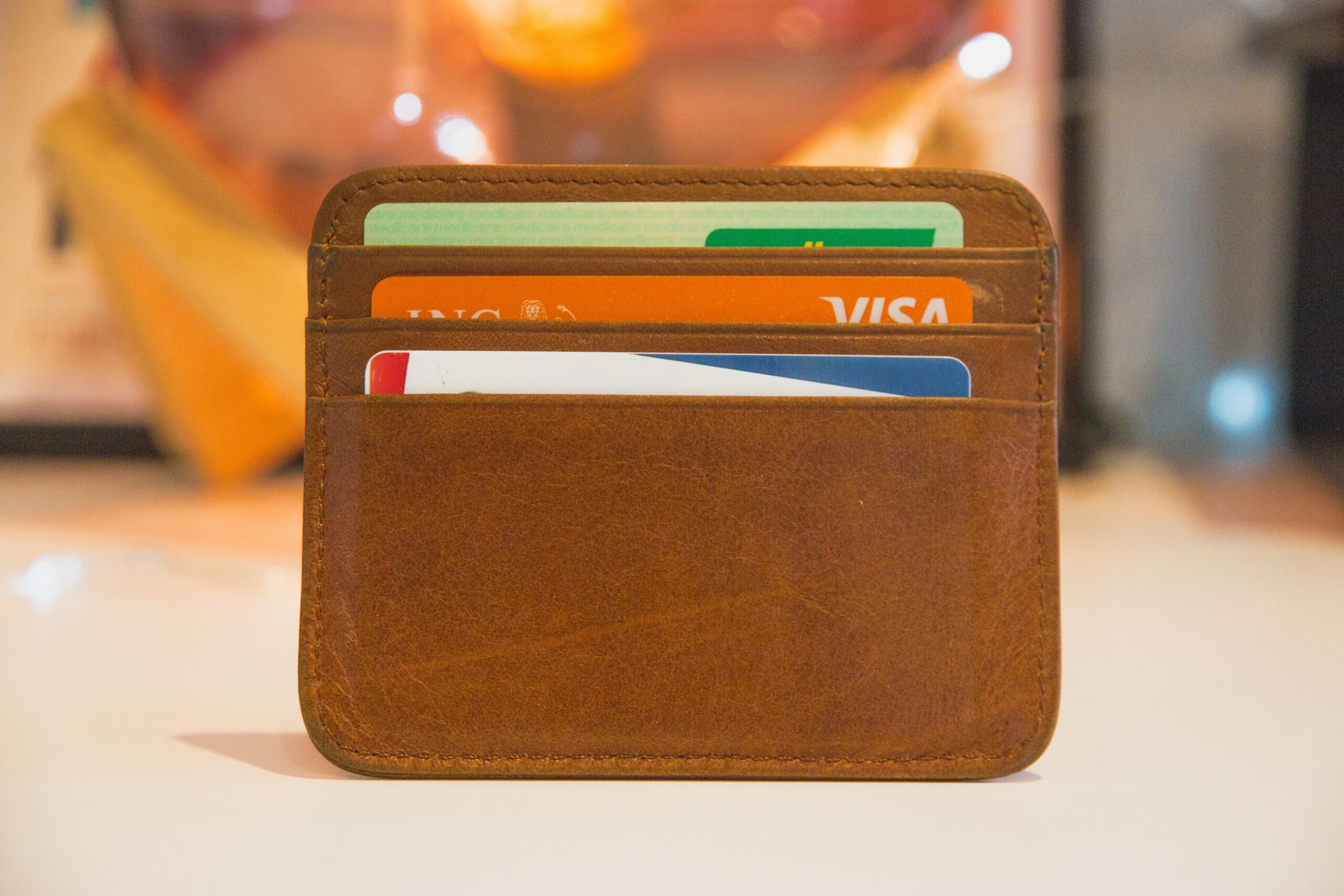Budgeting hacks every American should know in 2025 are more important than ever as inflation, interest rates, and economic uncertainty continue to shape household finances. Creating and sticking to a budget doesn’t have to be restrictive or complex—it’s about making your money work for your goals. With the right strategies, you can simplify your budget, reduce stress, and keep more of your income.
1. Automate your finances to stay consistent
Automation is one of the easiest ways to make your budget foolproof. Set up automatic transfers to savings accounts, schedule bill payments, and use tools that round up purchases into savings. Automating removes the guesswork and helps you avoid missed payments or forgetting to save, which is especially useful when life gets busy.
Read more: Top 5 Apps for Managing Your Personal Finance
2. Use the 50/30/20 budgeting rule as a starting point
The 50/30/20 rule is a simple framework that helps prioritize spending:
- 50% for needs (housing, utilities, groceries, insurance)
- 30% for wants (entertainment, dining out, shopping)
- 20% for savings and debt repayment
Adjust these percentages based on your lifestyle and goals. This method makes budgeting more manageable and gives structure to your monthly financial decisions.
3. Track your spending weekly—not just monthly
Many people review their budget once a month, but by then, it may be too late to adjust spending habits. Reviewing expenses weekly helps you stay aware of where your money is going and make real-time changes. Use a budgeting app or spreadsheet to categorize your transactions and highlight areas of overspending before they get out of hand.
4. Cut recurring expenses with a subscription audit
Recurring charges for streaming services, apps, gym memberships, and subscriptions can quietly drain your budget. Review your bank and credit card statements to identify services you rarely use or can share with family members. Cancel or pause anything that doesn’t provide value, and reallocate that money toward savings or debt repayment.
5. Embrace the cash envelope method for problem categories
If you struggle to control spending in certain areas—like dining out or entertainment—consider using cash envelopes. Withdraw a set amount at the beginning of the month, and once it’s gone, that’s it. The physical limit forces mindful spending and can help break impulsive habits that derail your budget.
Envelope Budgeting | Personal & Household Budget Software | Goodbudget
6. Set mini financial goals for added motivation
Budgeting is more effective when tied to meaningful goals. Break your financial goals into short-term targets like saving $500 for a weekend trip, paying off a credit card in three months, or building a $1,000 emergency fund. These mini-goals provide motivation and a sense of accomplishment, helping you stay committed to the bigger picture.
7. Use sinking funds for irregular expenses
Sinking funds are savings accounts dedicated to specific future expenses like holidays, car maintenance, or annual insurance premiums. By contributing a little each month, you avoid budget blowouts when those costs come due. Create separate categories or use labeled sub-accounts to keep these funds organized and out of reach for daily spending.
Conclusion
Mastering your budget in 2025 doesn’t require drastic lifestyle changes—it comes down to using smart, practical budgeting hacks that fit your routine. By automating, tracking consistently, eliminating waste, and planning ahead, you’ll gain better control over your finances and build the confidence to reach your financial goals. These seven strategies can transform the way you manage money and help you thrive in any economic climate.

